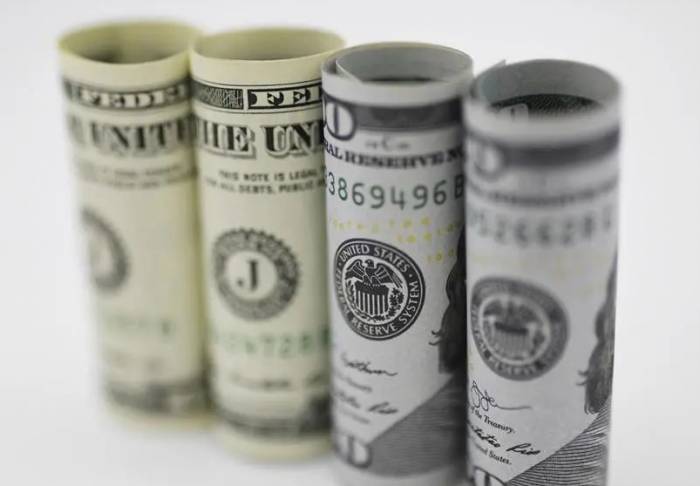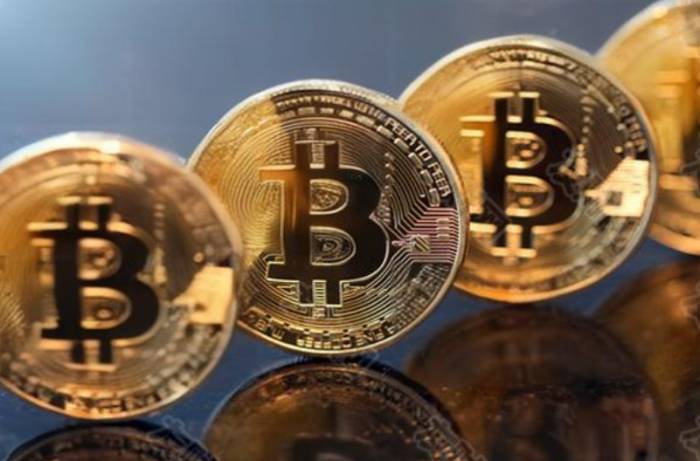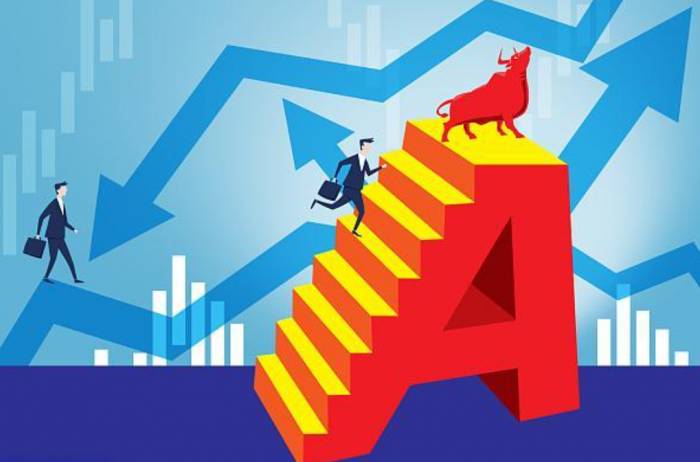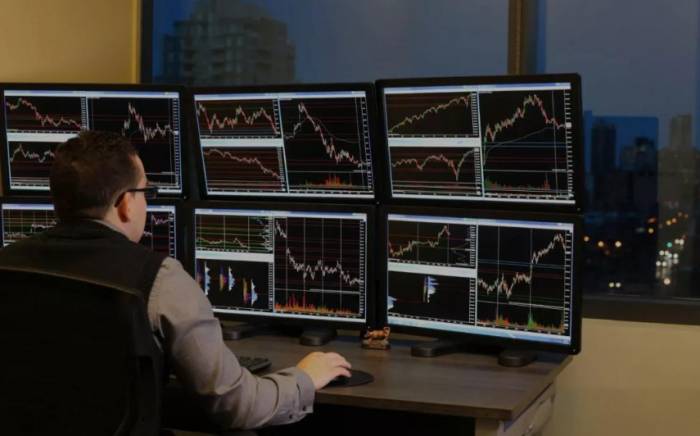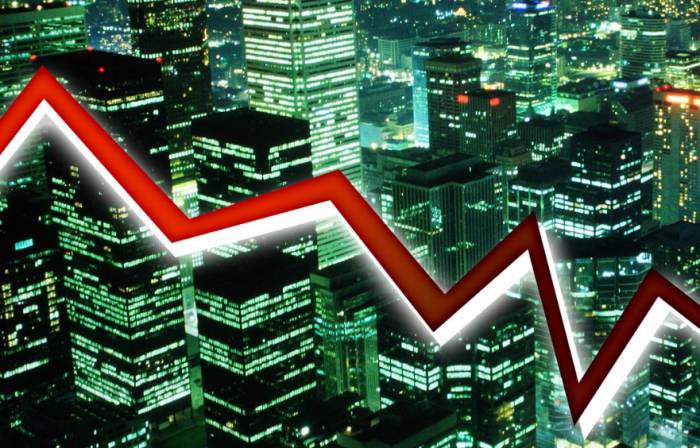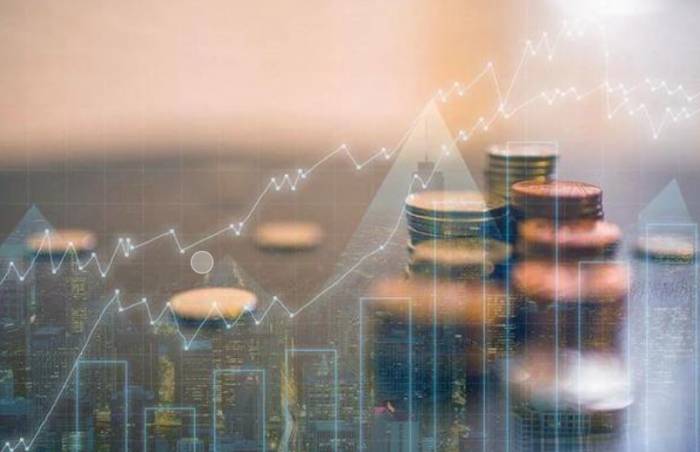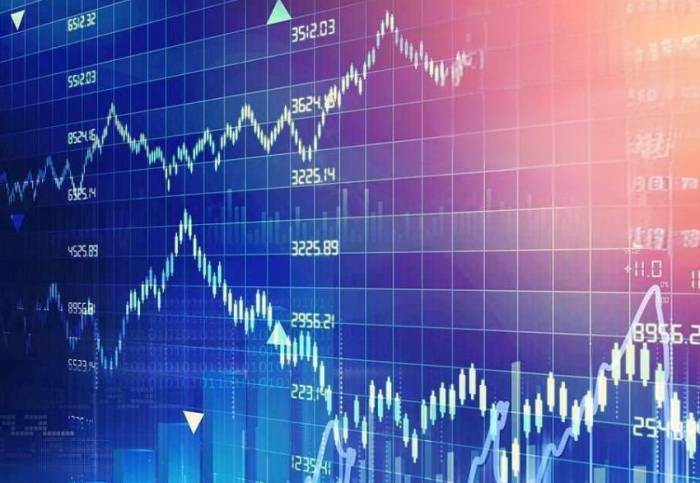Speculative trading has been around for a century, and there's nothing new under the sun on Wall Street. All the secrets of trading are out in the open; what you need to do is understand and execute them, rather than innovate.
However, these secrets are also fragmented and mixed in with many erroneous theories. You need to have a certain level of trading awareness to gradually identify them. Trading enlightenment is not something that comes overnight; it requires you to take many detours to perceive the truth behind trading.
Some people say that the market is changing, and so are the so-called secrets of trading. In reality, as long as human nature remains unchanged, the principles of trading remain unchanged. People from a hundred years ago are the same as people today; they face market fluctuations with the same greed and fear.
Those who have attained trading enlightenment have perceived the truth of trading. They understand that trading is against human nature, recognize the weaknesses of human nature, and counteract them in their trading. This is the reason they can profit consistently.
The majority of traders have the following human weaknesses:
1. Loss aversion.
They avoid losses and are reluctant to cut their losses. Instead of cutting losses at the first sign of a loss, they choose to hold on stubbornly. Or they buy more as their losses increase, hoping to average down the cost, longing for a market rebound to break even. While this strategy can sometimes succeed, a single market move can wipe them out.
2. Sunk cost fallacy.
They place great importance on the time, effort, and money they have previously invested. For example, many people are reluctant to change their trading systems because they have invested too much time in a flawed system and are unwilling to give up or make changes easily.3. Recent Bias.
Many traders tend to modify their trading systems based on the outcomes of recent trades. For instance, if their trading system has been experiencing losses lately, they might feel that there is an issue with their system, that the market has changed, or that their method has become ineffective, leading them to make changes to the system.
3. Outcome Bias.
People generally favor outcomes over the logic behind them.
They believe that profitable trades are correct and losing trades are wrong, without considering the trading logic behind them. In reality, professional traders pay more attention to the logic behind the trades. If the trading logic is flawed, then even profitable trades are incorrect. If the trading logic is sound, then a single losing trade can still be considered correct.
4. Anchoring Effect.
A psychological term referring to the tendency of people to be influenced by first impressions or initial information when making judgments about someone or something, similar to an anchor that fixes thoughts in a particular place.
For example, many people are reluctant to exit a position when profits start to retract, eventually leading to a stop-loss exit. This is because they have anchored their thoughts to the previous profit level, thinking that they should not have exited when they had more profits. Now, with only a small profit, they are even less likely to exit, so they hold on, which ultimately results in a loss.
5. Disposition Effect.
Because many people dislike uncertainty, they tend to take profits early to secure their gains, fearing that the profits they have in hand might slip away. Thus, they often realize profits prematurely, but when it comes to losses, they are reluctant to cut their losses, watching the losses grow step by step.6. Trend and Herd Effects.
People tend to believe in something because many others do. They don't verify the truth of the matter themselves; they believe it simply because everyone else is talking about it. Thus, in trading, an individual's comprehension and insight are crucial. Trading requires a quiet environment, free from the interference of others, where one can simply execute their own plan.
7. The Law of Small Numbers.
People are more inclined to focus on small samples and individual cases. For instance, some individuals might study an indicator based on its performance over the past two months, finding it to be 100% accurate, and then they use it without hesitation.
Every newcomer to the trading industry starts out ignorant, and this ignorance makes trading seem mysterious. They all try to find the legendary Holy Grail of trading, which promises effortless wealth. After years of losses, they realize that such a Holy Grail does not exist.
The secret to trading is understanding the inherent contradictions of profit and loss in this industry and then making choices based on your own personality traits. Trading is counterintuitive and reflects your attitude towards the world.
The path to trading mastery is like climbing a high peak. Once you reach the summit, the trading secrets you thought you knew are, in fact, nothing more than a book without words.
If one were to pinpoint the core of a trading system in a single sentence, it would be: trade with light positions across multiple instruments, enter with the intent to test, cut losses short, let profits run, and execute consistently.After understanding the secrets of trading, you must also strive to integrate knowledge with action. If you cannot maintain consistency in execution, even with a top-tier trading system, you will ultimately not make money. Secondly, on the psychological level, try to achieve the following points:
1. Do not be afraid nor overly confident when trading.
2. Interpret the information provided by the market from the market's perspective.
3. Continuously focus anew on current opportunities, unrelated to the past.
4. Naturally enter a state of flow, with a firm belief in oneself and consistent execution, even when the outcome is uncertain.
Top traders have essentially progressed to a point where they have no doubt or internal conflict, believing that anything can happen in the market. They have an unwavering belief in uncertainty, to the extent that they do not predict the market, do not associate their current trades with recent outcomes, and are always prepared for any situation that may arise in the market.
Share some things I knew before you in trading. Many things, many principles, can be understood over time through trading, but society is a race to see who understands first. Early understanding and late understanding lead to different destinies.


